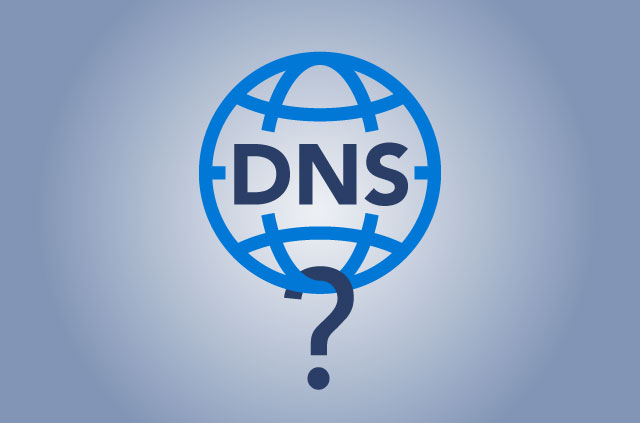Dev blog: A look inside Lightway
We get insights from ExpressVPN software developers on how our new VPN protocol works and what makes it more suited to users’ needs.
Why you can’t judge a VPN by its server count
When you're looking for a VPN provider, a server count alone is not a good enough gauge on how the service will perform.
ExpressVPN leak testing tools
The ExpressVPN Leak Testing Tools are an extensible suite of Python tools for manual and automated leak testing of VPN applications.
How ExpressVPN keeps its web servers patched and secure
This article explains ExpressVPN’s approach to security patch management for the infrastructure running the ExpressVPN website (not the VPN...
What are DNS leaks and how to prevent them
A DNS leak is when your VPN connection reveals information about your DNS requests to a third party. Here's how ExpressVPN stops DNS leaks.
Technical Overview: Preventing DNS Leaks When Switching Network Interfaces
To effectively offer a user privacy and security, a VPN application must ensure that a user’s DNS requests remain...
How does DNS work?
The Domain Name System (DNS) acts as the phone directory of the Internet. Instead of phone numbers, computers communicate...
How to use Ansible Variables and Vaults
Our Dev Team discusses the best practices for Ansible Vaults and Variables and fills in some missing gaps in Ansible's documentation.
How ExpressVPN authenticates its apps
This post was originally published on June 9, 2017.
How do ExpressVPN servers know which app belongs to a customer...
The facts about the OSTIF OpenVPN source code audit
This post was originally published on May 15, 2017.
With funding from the Open Source Technology Improvement Fund (OSTIF), a...













